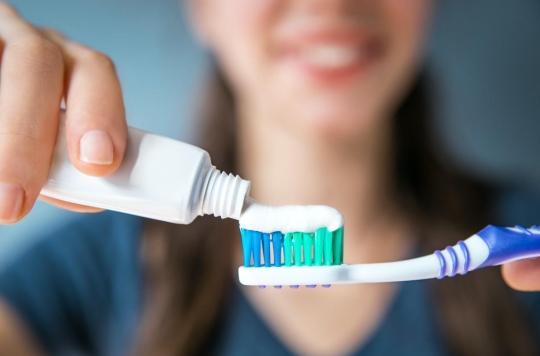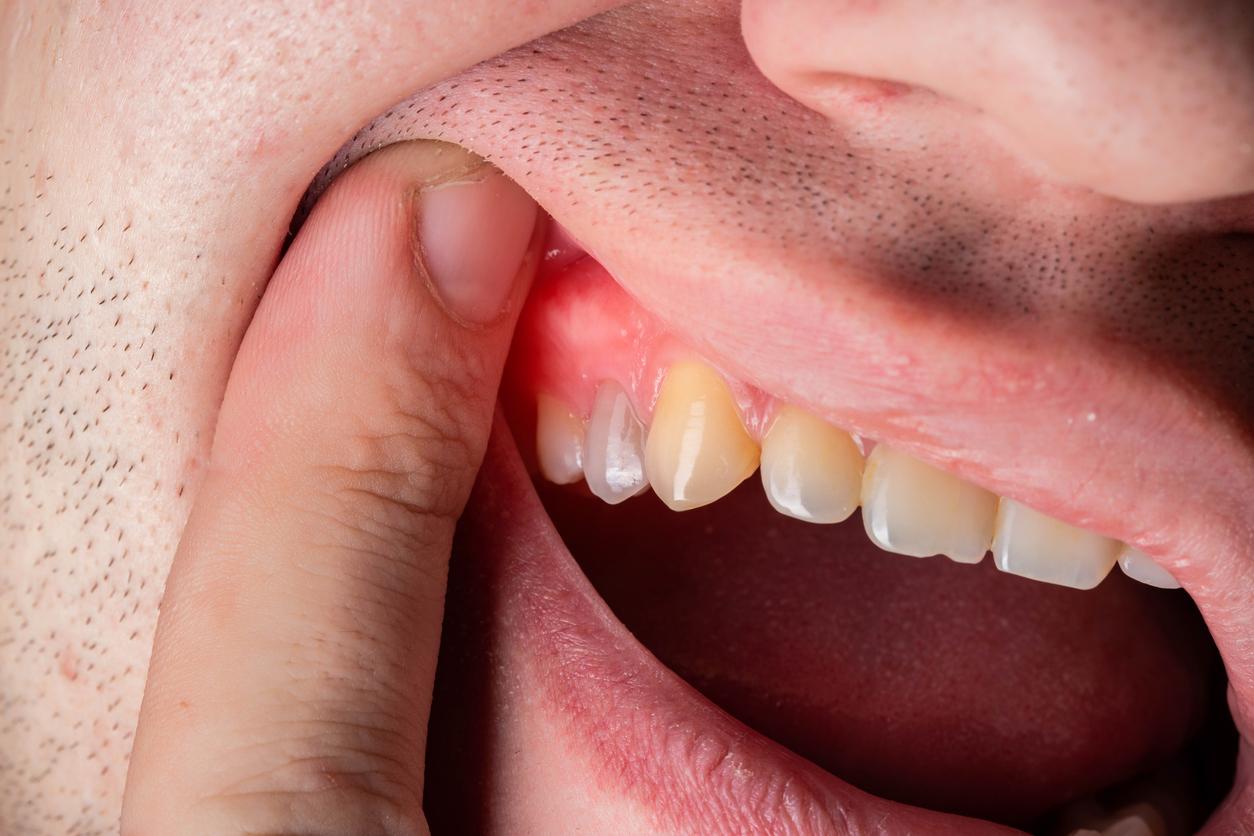Just like the intestinal microbiota, the balance of the oral microbiota is necessary to maintain a healthy mouth. The proliferation of pathogens linked to poor tooth brushing or a diet that is too rich in sugars can indeed promote the appearance of cavities, gingivitis or periodontitis.

The term microbiota designates all the microorganisms such as bacteria, parasites or fungi that populate the different organs. The intestinal microbiota undoubtedly remains the most studied by the scientific sphere. But the oral microbiota also represents an important health issue.
Indeed, several bacteria coexist in the mouth, teeth and gums. A large part of the oral flora is made up of commensal bacteria and their role is to protect the mouth against pathogens.
But an unbalanced diet and/or poor oral hygiene exposes this flora to an imbalance and can lead to infections, the best known of which are cavities, gingivitis (infection of the gums) and periodontitis (infection of the tissues supporting the dental organ).
A link between periodontitis and cancer risk
In 2017, a study published in the journal cancer-research had shown that certain types of bacteria in the mouth that cause periodontitis were associated with a higher risk of esophageal cancer.
This test found higher levels of the bacteria Tannerella forsythia associated with a 21% increased risk of esophageal adenocarcinoma, while the bacteria Porphyromonas gingivalis was linked to a higher risk of esophageal squamous cell carcinoma. These two species are strongly implicated in common periodontitis.
To prevent the risk of infection, brushing your teeth after each meal is necessary, as well as visiting the dentist regularly, limiting sugar in your diet and avoiding tobacco.
.















